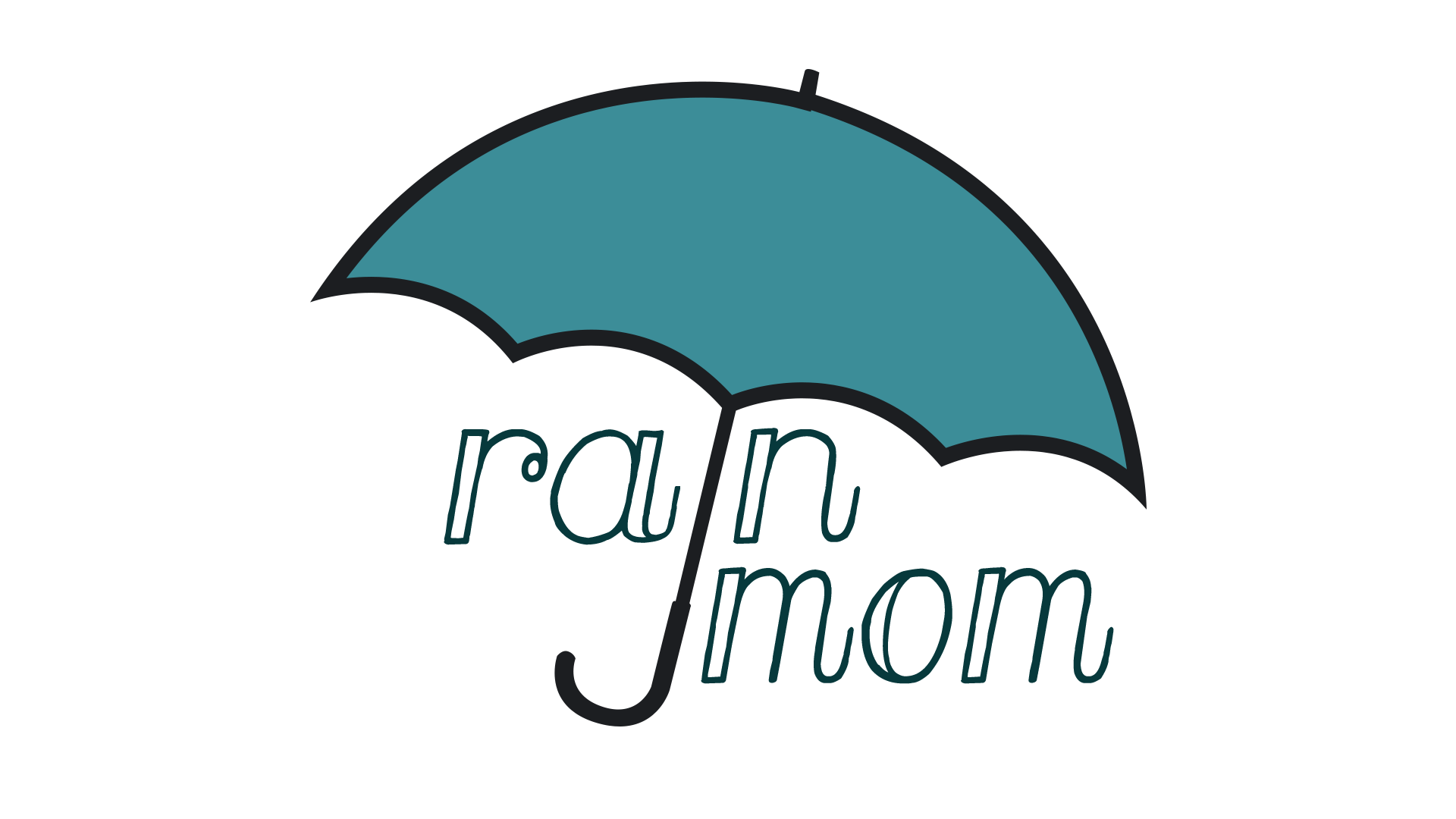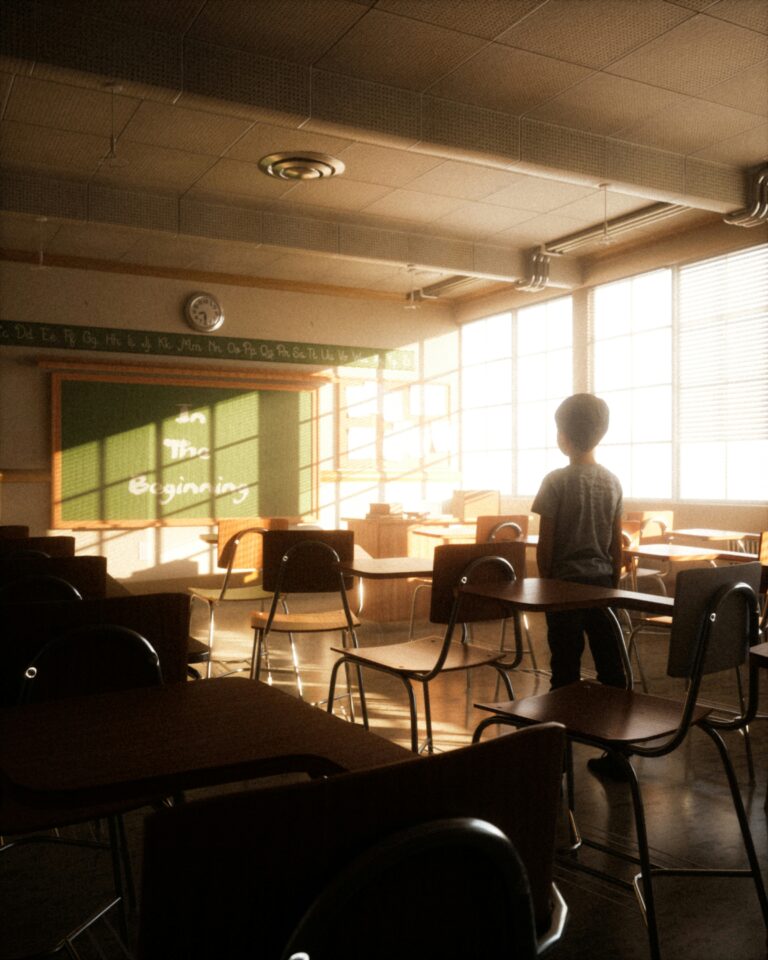
Autistics: The Most Important Voice of Reason and Reform
By Kristi | Published | No Comments
When Autism Acceptance month first began little did I recognize that my own awareness was less than acceptable. That is until I took this month as an opportunity to personally re-assess my areas of growth or lack thereof. Sometimes the years of living with autism can lull one into a false sense of security and complacency. Realizing that possibility opens new directions, shifts mindsets and can lead to some interesting prospects. As this month comes to a close I’m filled with a new purpose and goal, to continue learning and growing in my knowledge and advocacy, not just for my son but every autistic individual.
As I mentioned in my previous post, I’ve been enthralled with the education I’ve been receiving from other autistics. Jonathan has been a great teacher but clearly as I’m finding out, there is still a wealth of information to uncover. Thankfully, autistics are so willing to share their expertise and experiences on a wide range of topics. Unfortunately, not everyone is listening. Their insights and knowledge have led me to yet another chapter in my own education. Hopefully, by sharing what I’ve learned thus far, it will bring us all that much closer to the goal of acceptance for all autistics.
In my research I came across a term I was unfamiliar with: masking. If you are familiar with it then clearly you’ve done your homework. If you haven’t, you are not alone.
Masking is a term autistics use when trying to act or behave like non autistics in order to fit in or be accepted. After reading numerous accounts about the stress, anxiety and eventual autistic burnout associated with this term, I recognized it in my own son. Being expected to act, talk and socialize in a way his brain cannot understand must be exhausting and frustrating.The pretense of being someone you are not just to fit in, be liked and accepted. Sounds like middle school all over again! No wonder my son passes out into a deep sleep every night from sheer exhaustion masquerading as someone else. I’m assuming it’s the only time his brain is allowed to rest and stop the charade. It is this way for many autistics, and no matter how much they give the outward appearance of being able to handle the daily demand it takes its toll in the form of anxiety, depression, behaviors and physical somatic symptoms.
Imagine expecting all non autistics to think, act and behave like autistics? Sounds ridiculous, right? Then why are we so quick to assume we know what autistics want and need to be happy and fulfilled? I’m not autistic, yet I’ve made plenty of decisions for my son based on what I thought was in his best interest. Some decisions were helpful but clearly some were not. But then it dawned on me, changing who he is so others will accept him, isn’t acceptance at all. We all want to be accepted for who we are, respected for who we are and loved for being ourselves. Why the need to change autistics? It is a question that needs to be asked and autistics have strong opinions that need to be heard and addressed.
This recent awareness has me seeing and doing some things quite differently. First, I’m actively looking and listening to advice, information and experiences from autistics, often referring to themselves as AA– actually autistic. Second, I’m not taking it personally, neither should you. Their honesty and insight is refreshing, and at times brutal to hear but necessary. If you’re an old school parent like myself whose child was diagnosed decades ago, much of our past is unwelcome and in the opinion of many autistics, caused harm. Once you listen to what autistics reveal you have a better understanding of their feelings, concerns and outrage. While it may be hard to hear, it will make you a better parent, advocate and support for autistics. This is where we take ownership and course correct. Where we let autistics lead and we listen. Where our love is a catalyst for the change that supports individuality, not collective commonality. Where our advocacy lifts the voices of autistics and stops those who want to suppress them. United we stand, divided we fall apart.
Our goal is about acceptance and that starts by accepting our own missteps, presumptions and agendas that didn’t always consider autistics. If you’re a non autistic parent like myself, this is not about judgment in any way. Our love and devotion is fierce and sometimes we can get swept away in our advocacy and dedication not realizing our best may not be what’s best or even wanted. We leave our autistic loved ones standing on the bank wondering where we are taking them and why, without asking if it’s what they desire or need. But by listening and continuing our own education from them, we can make others aware of what is acceptable and unacceptable for autistics, right alongside them.
But for now we simply need to listen and learn.






Leave a Reply